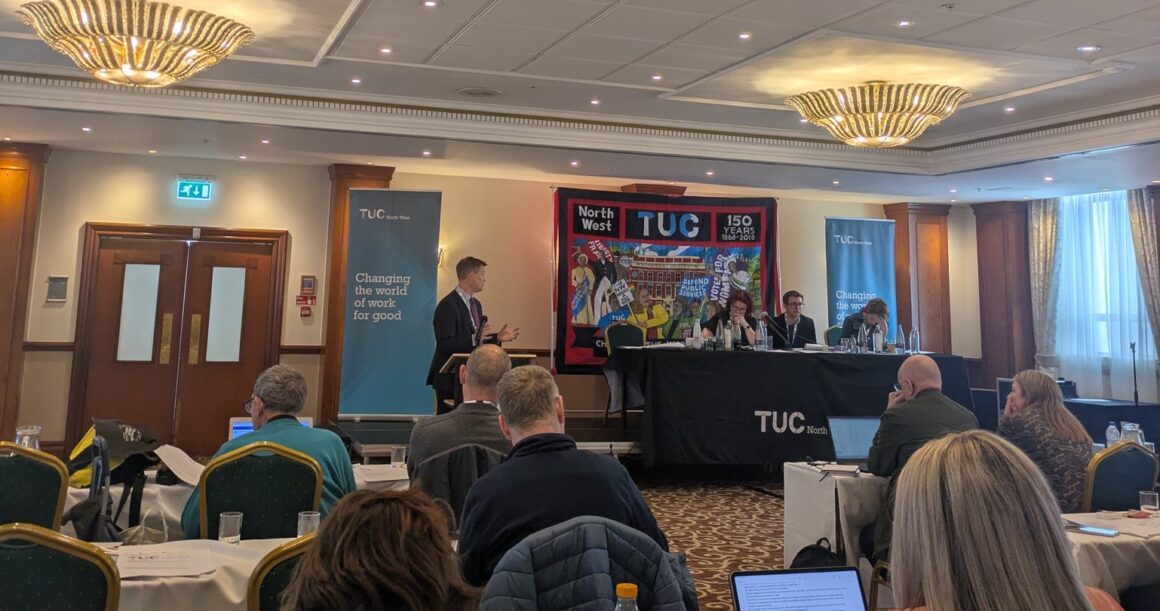

By KD Tait
The delay in Labour’s Employment Rights Bill, originally promised as a flagship piece of legislation aimed at strengthening workers’ rights, is a betrayal of the workers and trade unions who put the party into power.
When Labour was elected, the ERB, championed by Angela Rayner, was positioned as a pivotal piece of legislation that would offer protection to millions of workers facing exploitation in the workplace. From ending zero-hours contracts to guaranteeing fair wages and improving sick pay, the bill was meant to tackle the huge imbalance of power in the workplace.
The bill was first announced in the Labour Party’s 2019 manifesto with bold claims of radical reform. The ‘New Deal for Working People’ was further backed by Labour Party Conference in 2021 and 2022.
But since then, it has become increasingly clear that the commitment to transform workers’ rights is nothing more than empty rhetoric. At a central London rally by trade union lefts on 22 March its shortcomings were listed:
But the unions have put up a timid response. The TUC, representing millions of workers, has consistently called for the bill to be fast-tracked, but have been unwilling to publicly campaign for meaningful amendments, while big business has not been shy in pressing for get-out clauses. Even at the recent London rally of the so-called lefts, the sole action planned was a letter writing campaign to Jonathan Reynolds and a model motion that doesn’t even mention abolishing the anti-union legislation from the 1980s.
The gaping holes in this bill are emblematic of a deeper problem within Labour. Under the leadership of Keir Starmer, the party has shown little appetite for tackling the systemic issues that affect working people. Rather than confront the power of the corporate elite, Starmer’s Labour seems content to be a party of management, negotiating around the edges instead of offering bold solutions to endemic low pay and job insecurity.
The time for compromise is over. Workers are tired of waiting for legislation that will fall short of what is needed. Left Labour and independent MPs must use the ERB’s final reading in the Commons to make all these points and condemn the shortcomings of the bill, supporting amendments that address these issues. The trade union movement, for its part, must continue to fight for workers’ rights, regardless of the party in office. To do this we need to step up the rebuilding of the trade union movement in the workplace, and link together activists within and across the unions in a new rank and file movement.